Men
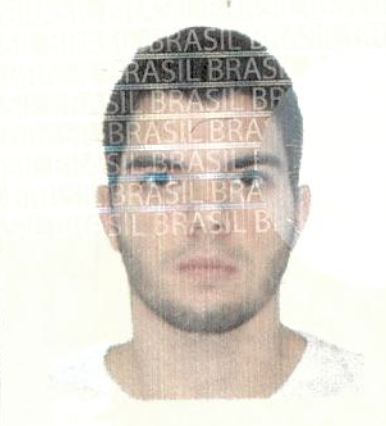
Leonardo ABRAHAO SILVEIRA
Profile
Country
Brazil
Date of Birth
09 September 1996
Place of Birth
Age
27
Height
176 cm
Weight
85 kg

Mudhar
KSA
Jean-Pierre DUPOUX
Profile
Country
Brazil
Date of Birth
16 August 1991
Place of Birth
Age
33
Height
180 cm
Weight
93 kg
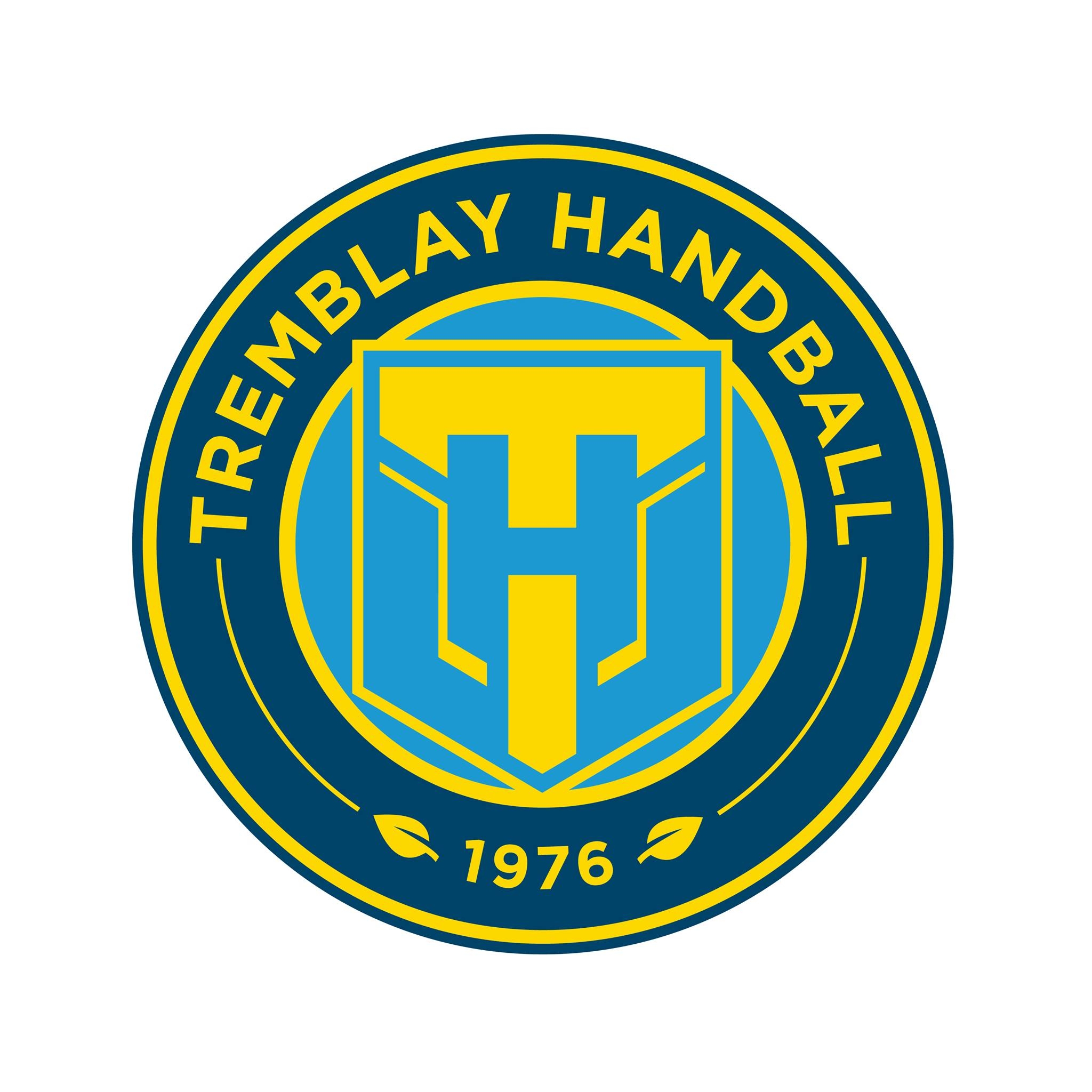
Tremblay en France Handball
FRA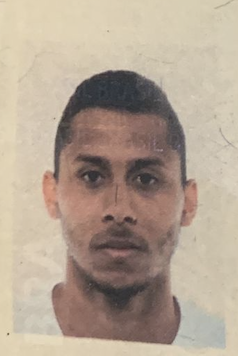
Guilherme Linhares de Souza
Profile
Country
Brazil
Date of Birth
17 December 1998
Place of Birth
Age
23
Height
187 cm
Weight
89 kg

HBW Balingen-Weilstetten
GER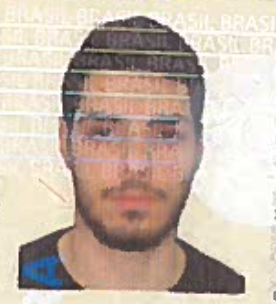
Caue Ceccom Baptista
Profile
Country
Brazil
Date of Birth
15 January 1987
Place of Birth
Age
35
Height
180 cm
Weight
86 kg

E.C.Pinheiros
BRA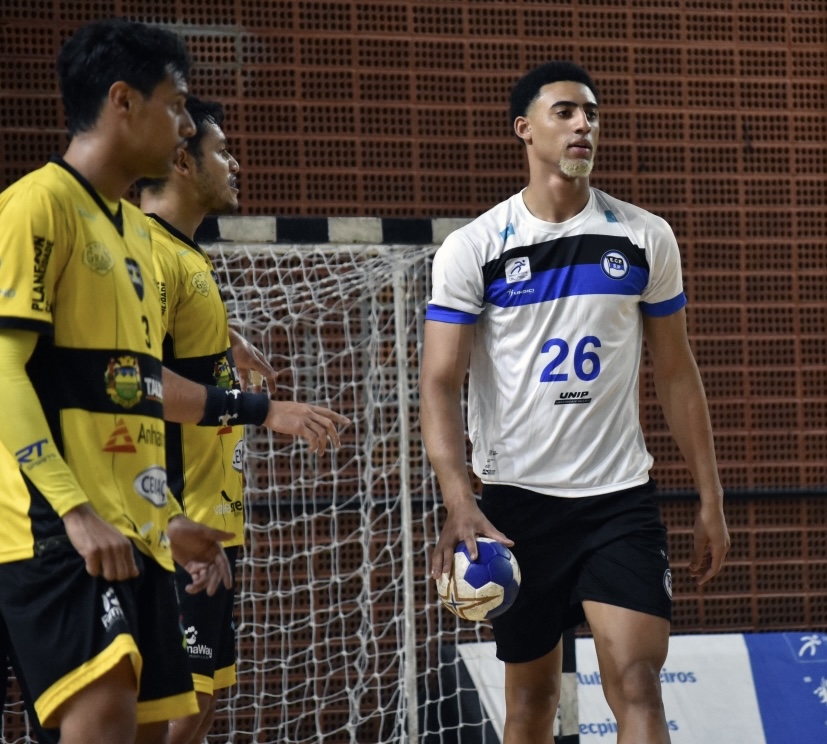
Hugo Bryan MONTE DA SILVA
Profile
Country
Brazil
Date of Birth
06 April 2003
Place of Birth
Age
21
Height
202 cm
Weight
98 kg

Montpellier HB
FRA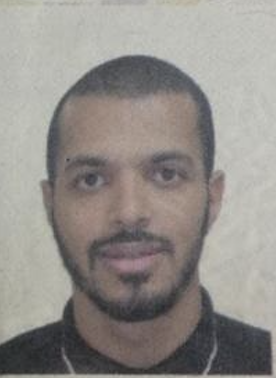
Alan Santos de Lima
Profile
Country
Brazil
Date of Birth
10 March 1990
Place of Birth
Age
32
Height
192 cm
Weight
94 kg

Kanfen
FRA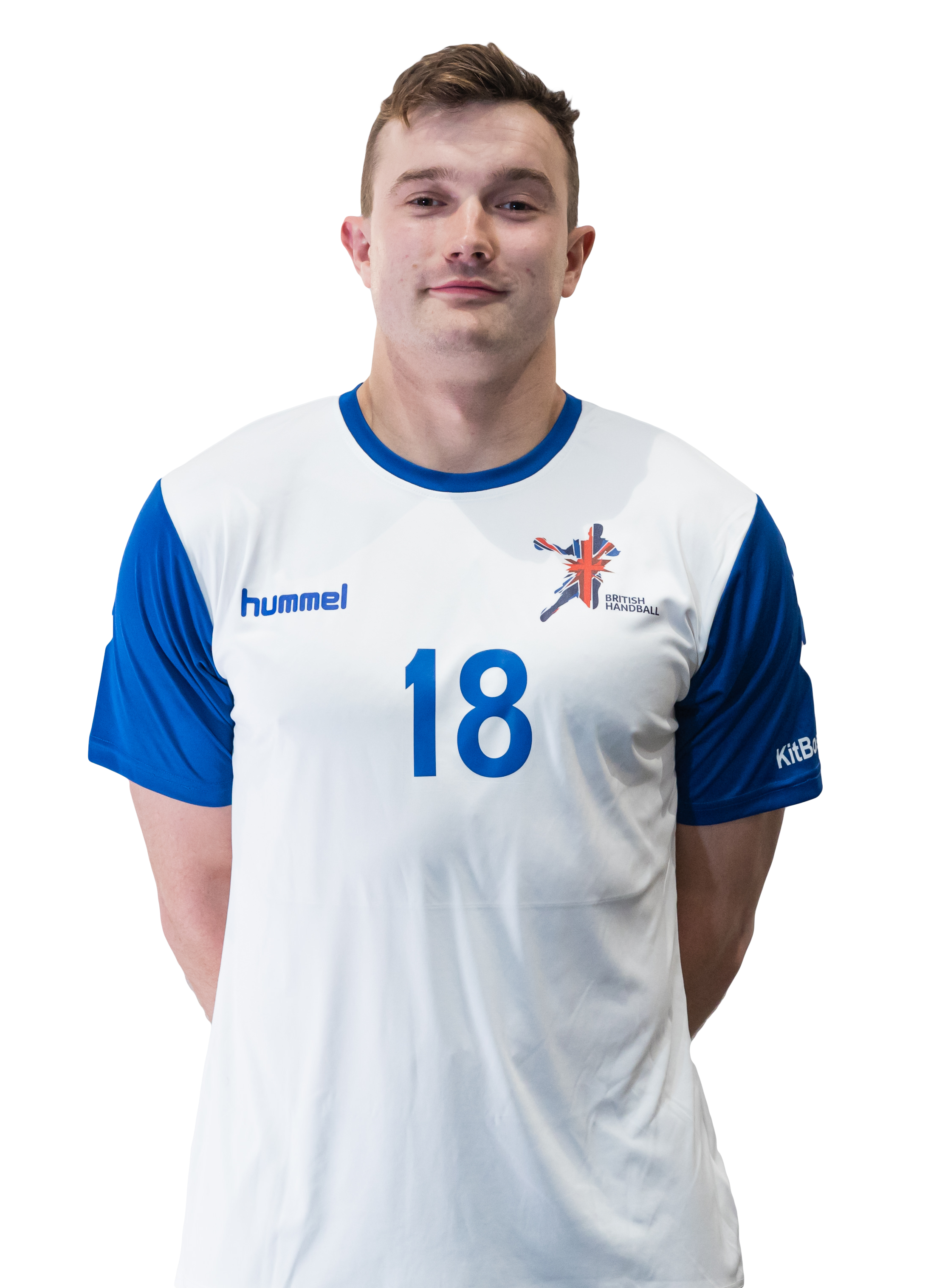
Benjamin David TYLER
Profile
Country
Great Britain
Date of Birth
04 September 1994
Place of Birth
Age
28
Height
193 cm
Weight
102 kg

Nottingham Handball Club
GBR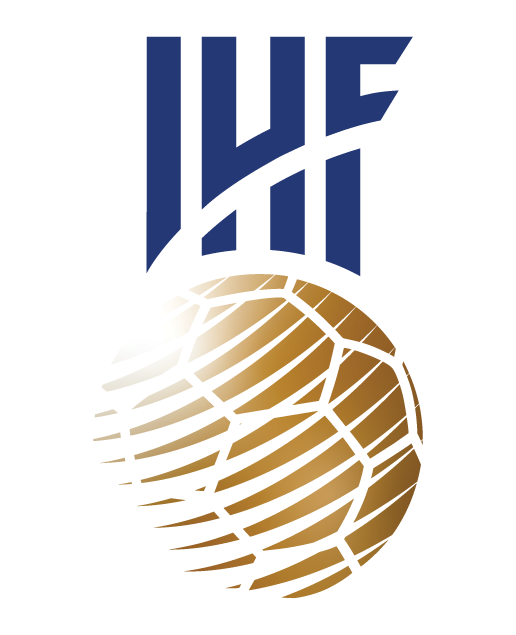
Osama Abdelkader ELBADRI
Profile
Country
Libya
Date of Birth
20 December 1991
Place of Birth
Age
30
Height
1 cm
Weight
1 kg

Al Ahli Tripoli Club
LBA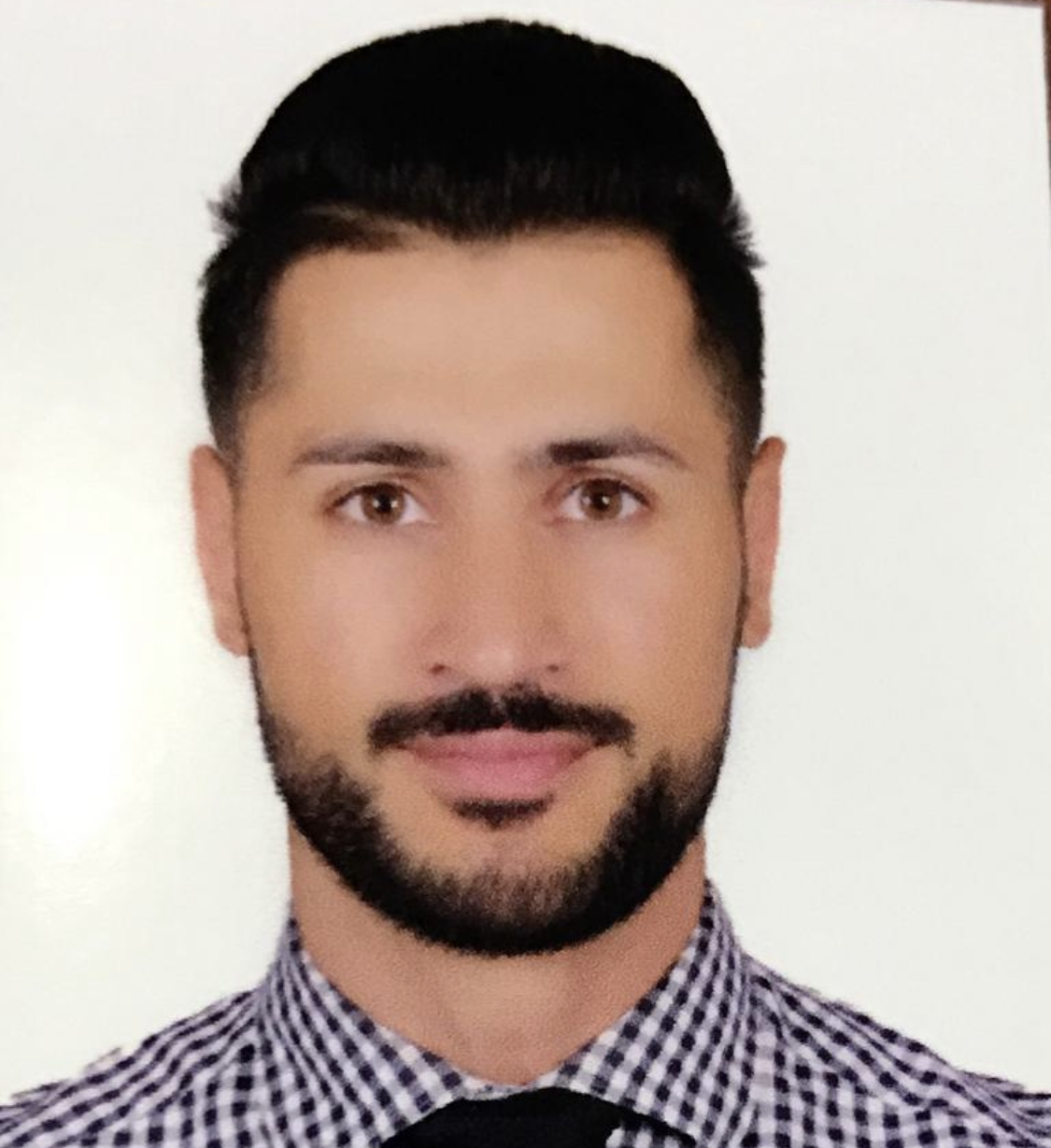
Ahmed Abbas
Profile
Country
Bahrain
Date of Birth
23 October 1989
Place of Birth
Age
32
Height
187 cm
Weight
85 kg

Aldair
BRN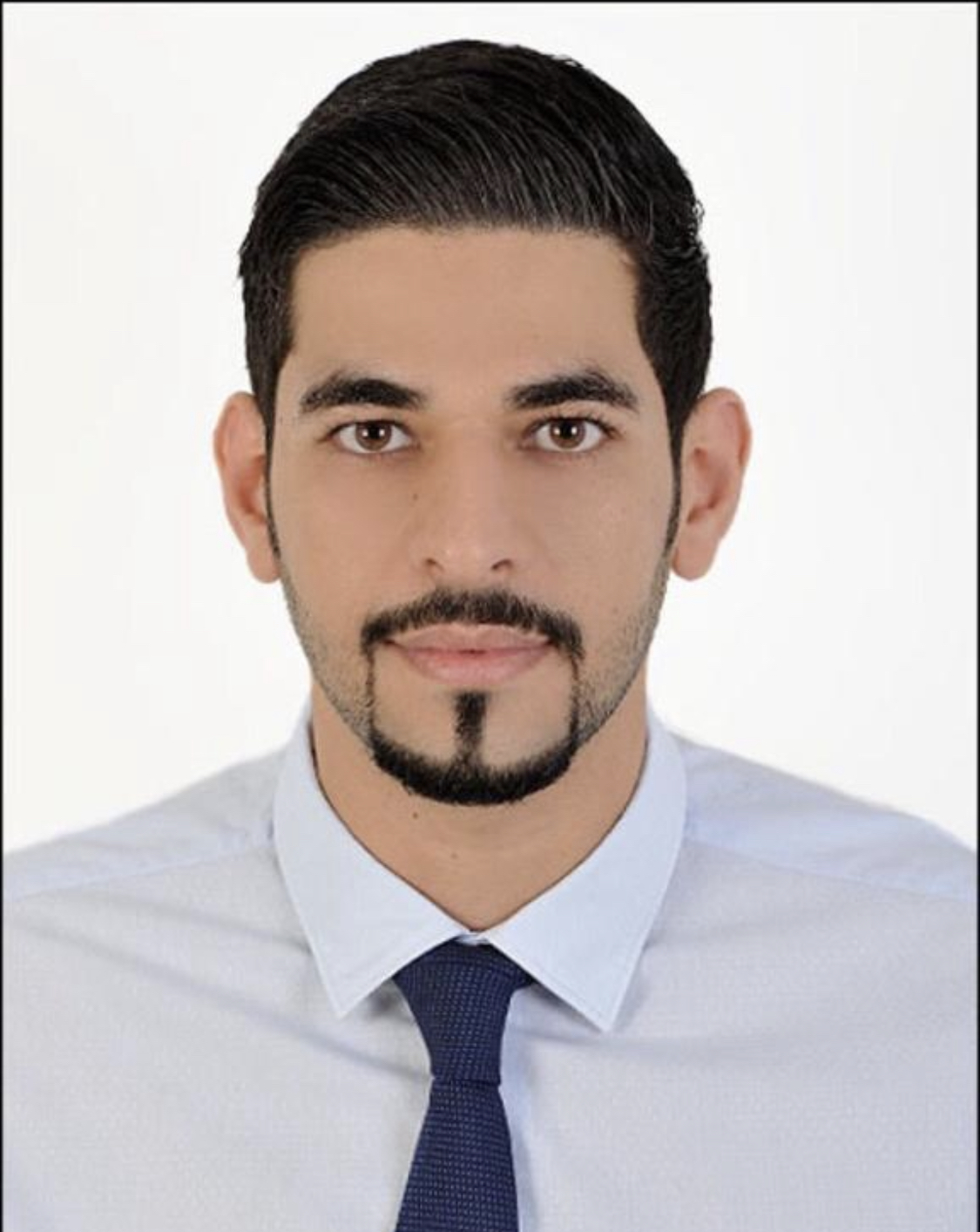
Jasim Radhi
Profile
Country
Bahrain
Date of Birth
20 May 1992
Place of Birth
Age
30
Height
186 cm
Weight
89 kg


